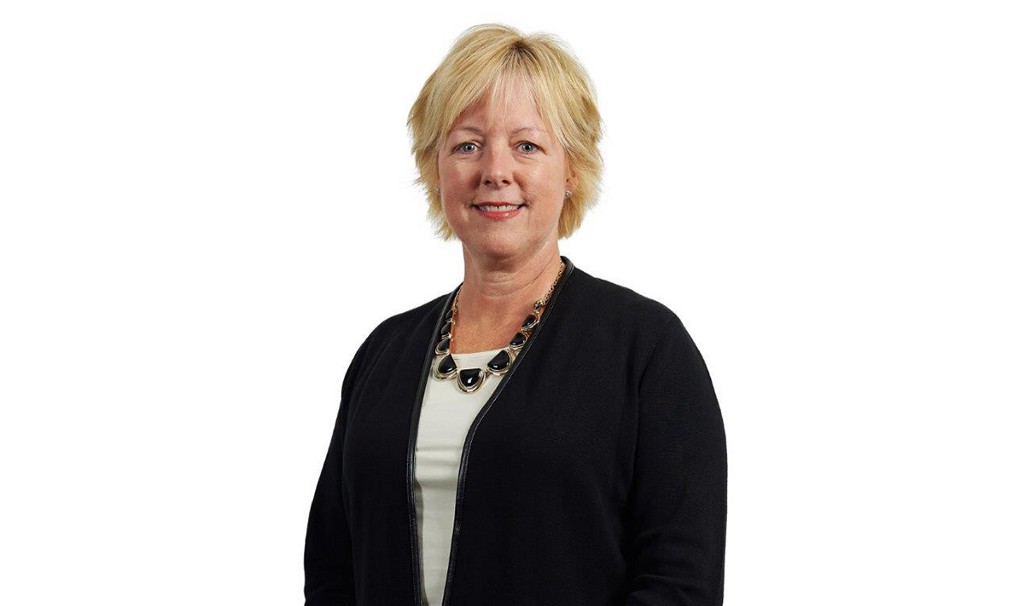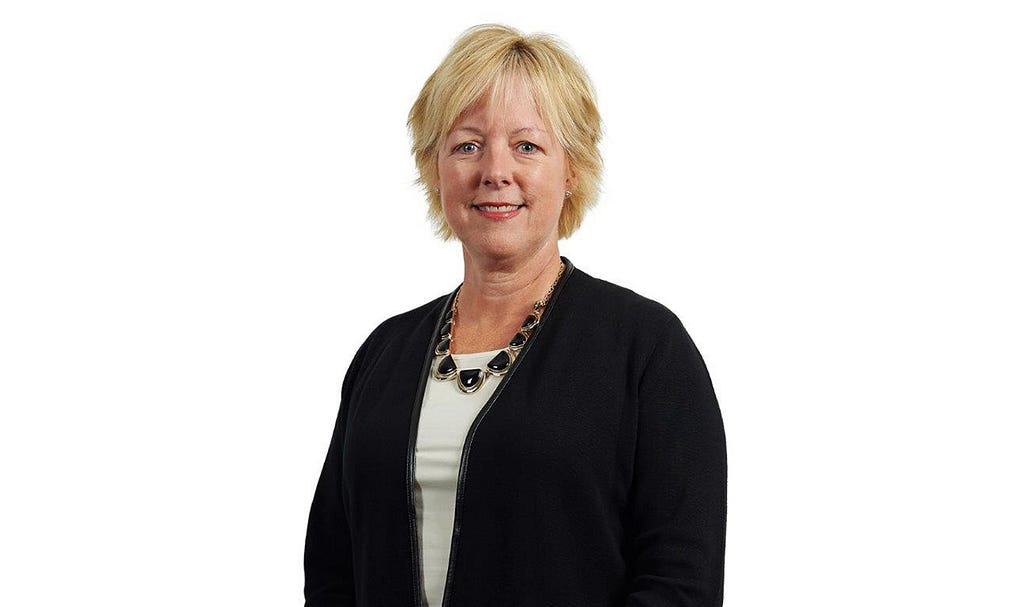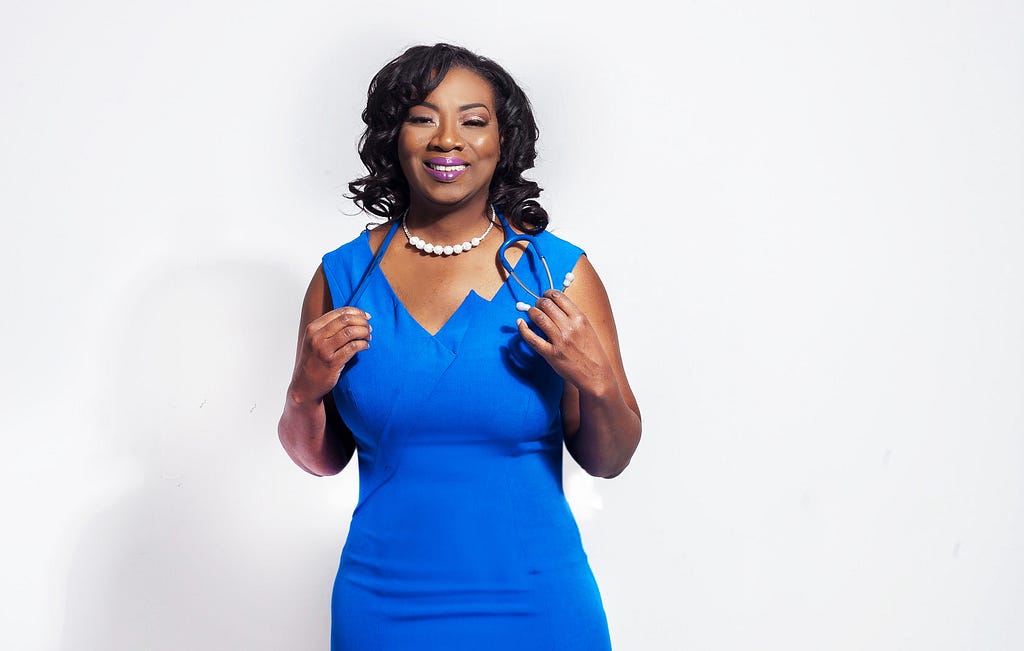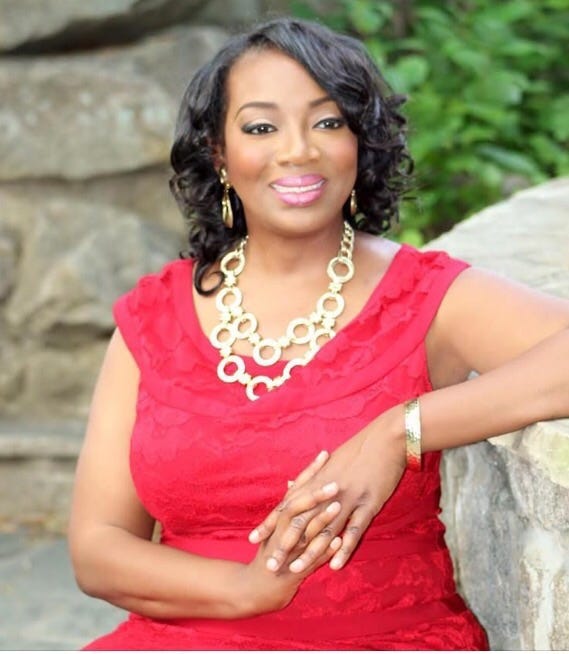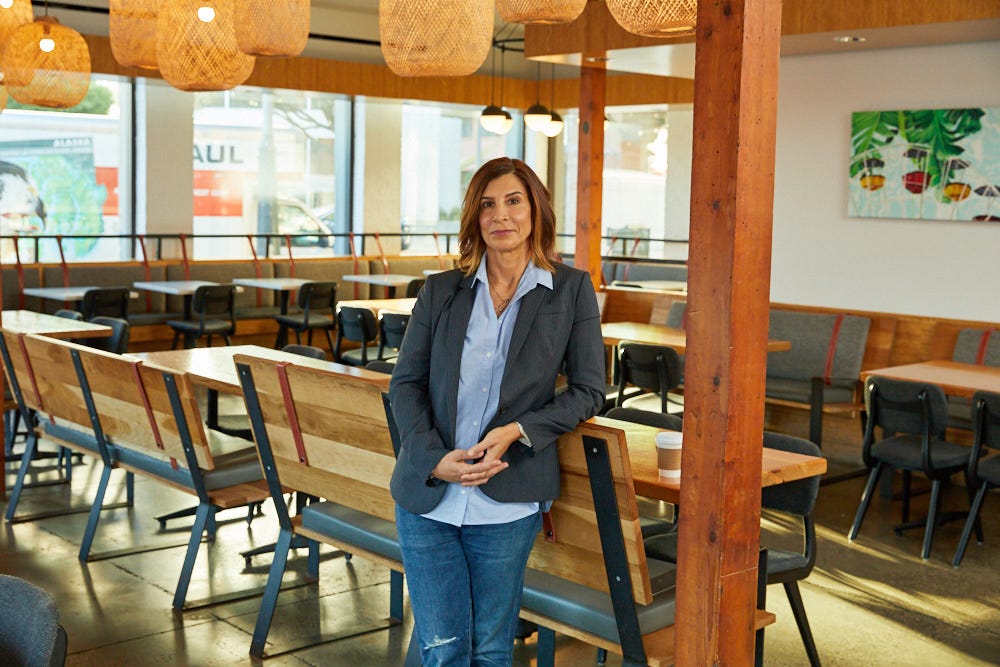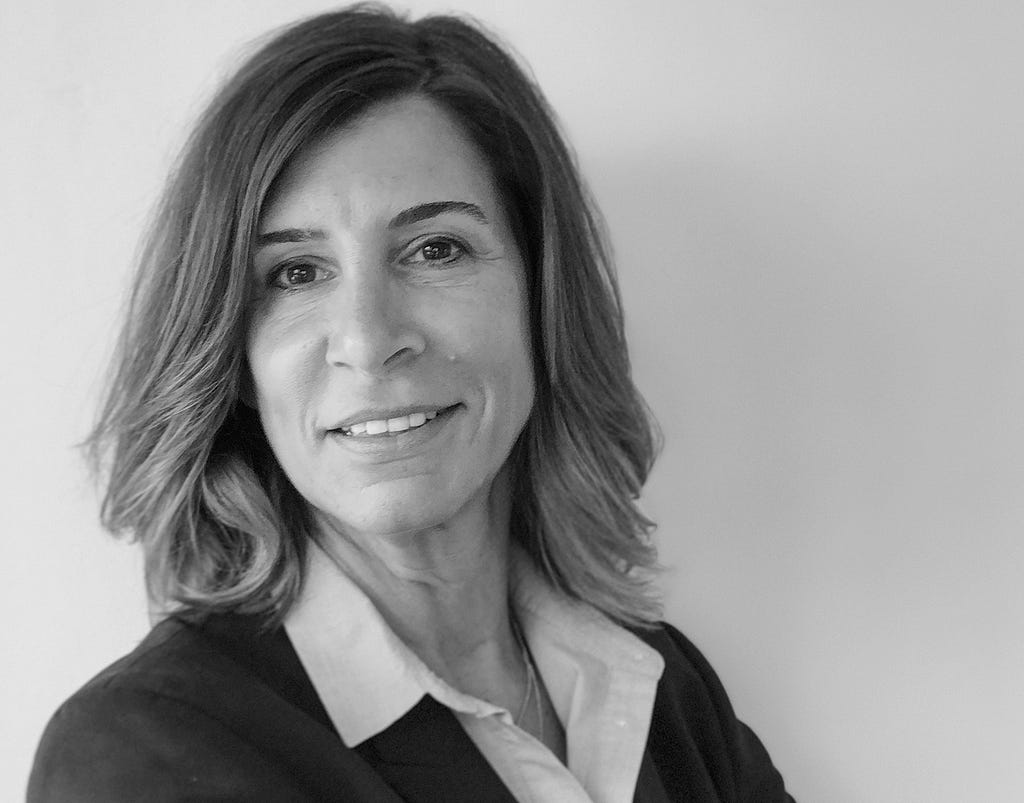
The gender wage gap isn’t a female or people of color issue. It’s a business issue that needs male partnership at all levels. A great way to start is to build gender wage gap awareness with male leaders. The first group of men could be male leaders with daughters. From here, companies can position male allies not as heroes, but rather partners with women and affinity groups to create processes and programs that address issues together.
I had the pleasure of interviewing Michael O’Brien. Michael is the Chief Shift Officer at Peloton Coaching and Consulting. He elevates successful corporate leaders by preventing bad moments from turning into bad days. His award-winning memoir Shift: Creating Better Tomorrows chronicles his Last Bad Day and near-death cycling accident recovery journey. He has shared his inspirational story and transformation from human DOer to human BEing, on the TEDx stage, with multiple Fortune 1000 companies, ABC, Fast Company, Real Simple, and many wonderful podcasts.
Thank you so much for joining us! Can you tell us the “backstory” that brought you to this career path?
Back in 2001, as a new father of two amazing daughters, I wanted to do something to create a better environment for when they entered the workforce. After attending an inspirational women’s leadership event a few years later, I committed to doing more to support today’s female leaders as well as those in the next generation like my daughters.
Can you share the most interesting story that happened to you since you began this career?
I was excited when I landed at O’Hare in November 2006. I was there for the Healthcare Businesswomen’s Association’s Annual Conference. At the time, I was a National Sales Director and wanted to discover how to create more opportunities for our female leaders.
But my excitement quickly turned to nervousness when I walked up to get my badge and credentials. I thought everyone was looking at me and wondering, “What’s this guy doing at our conference?” In truth, nobody was looking at me, but I thought they were. As a white male, I was the “only” in the room, which was rare. As a result, I played small at the meeting. I snuck into the back on the general session and avoided the breakouts sessions because I didn’t want to be seen.
On my flight home, I regretted my behavior. As I thought more on my experience, I started to develop more empathy for the “onlies” back at the office. My experience changed how I lead, strengthen my empathy, and sparked a greater focus on creating a culture that valued every voice and person.
Can you share a story about the funniest or most interesting mistake you made when you were first starting? Can you tell us what lesson you learned from that?
When I began my speaking career, I thought I had to be like all the other high-testosterone motivational speakers I had seen over the years. During one of my first opportunities, I tried to be like them and was a disaster. I had to stop and take a break during my speech because I was so in my head that I couldn’t get my words out. I had forgotten my speech because I had forgotten who I was. I was mortified and thought my speaking career was over before it truly began.
On my drive home, I wallowed in my poor performance and eventually realized, I was trying to be someone I wasn’t.
Now when I speak, I show up as me and commonly get feedback on my relatability which is priceless considering my early speaking career hiccup.
Ok let’s jump to the main focus of our interview. Even in 2019, women still earn about 80 cents for every dollar a man makes. Can you explain three of the main factors that are causing the wage gap?
When I started my work on closing the wage gap, I thought we would have made more progress by the time my daughters entered the workforce. They are now 18 and 21, and we haven’t made much progress. We are still dealing with dated perspectives on gender roles specifically around child and elder care, bias (conscious and unconscious), and a lack of courage to act now.
Research has shown that children-less men and women have almost no wage gap. As children come into the picture, a wage gap develops as more women than men take time away from their careers to raise their children. It coincides with a time that they could be on the cusp of a promotion and wage increases. As a result, as women stay home, men advance, and a wage gap develops.
The second factor is the lack of promotion opportunities for women. It’s common to see 50% or more of entry-level positions filled by females, but the percentage drops as you move up the org chart. In addition to childcare concerns, bias (conscious and unconscious) also contribute to our current wage gap.
Finally, even with more awareness, we need to demonstrate the courage to act. We may not be able to close the gap tomorrow, but there are things that corporations and society can do today to help close it faster. It requires leadership, courage, and action.
Can you share with our readers what your work is doing to help close the gender wage gap?
During my corporate executive career, we systematically elevated our gender mixture to 50% female/male at all levels within my sales team. Today I serve as the Healthcare Businesswomen’s Association (HBA) first male chapter President. The HBA’s mission is to pursue gender parity from compensation to opportunity. Further, I work with my executive leader clients on how they can build male allies within their organizations.
Can you recommend 5 things that need to be done on a broader societal level to close the gender wage gap. Please share a story or example for each.
1. It’s a Business Problem not an HR problem: In too many companies, the wage gap is considered an HR issue. It’s time for the business leaders to own solving the wage gap just like they own driving revenue and profits. During my executive career, we consistently reviewed our hiring, promotion, and compensation metrics to ensure accountability.
2. Begin at Home: We need to continue to challenge limiting beliefs on gender roles. Too often, the responsibility for child and elder care fall on women and housework is divided into traditional female and male camps. These attitudes ripple into the work environment and contribution to how we see women and men. Companies should build work-life flexibility for all employees that will help balance responsibility at home and keep more women in the workforce during the time they are building their families.
3. Make the Unconscious, Conscious: To slay selection bias, we must move our bias from the unconscious to conscious. It’s essential to diversify interview panels, use objective assessments, and create an environment where it’s safe to challenge perceived bias. One of my clients’ sales leadership teams was 93% male and commonly promoted people just like them. They took steps to diversify their interview panels across gender, background, and functional area. They also implemented a validated personality assessment during the selection process. As a result, they promoted 40% more female leaders over the last eighteen months.
4. Conduct a Salary Audit: People crave data that they can trust and it’s relatable. Only 26% of companies track salaries between male, women, and diversity groups. Recently, one of my clients conducted their first salary audit and were very surprised to see how wide their pay gap was. Today they are taking steps to change their practices, and demonstrating that awareness is always the first step in creating change.
5. Develop Male Allies: The gender wage gap isn’t a female or people of color issue. It’s a business issue that needs male partnership at all levels. A great way to start is to build gender wage gap awareness with male leaders. The first group of men could be male leaders with daughters. From here, companies can position male allies not as heroes, but rather partners with women and affinity groups to create processes and programs that address issues together.
You are a person of great influence. If you could inspire a movement that would bring the most amount of good to the most amount of people, what would that be? You never know what your idea can trigger. 🙂
On July 11th, 2001, I had my Last Bad Day when I was hit head-on by an S.U.V. going 40 m.p.h. when I was on a bike training ride. My recovery has been a miracle. I now believe that one of the reasons I lived that day is to help a 1,000,000 people have their Last Bad Day and live life and build their career with awareness, purpose, resilience, gratitude, and community. I believe my Last Bad Day can help others live their best days.
Can you please give us your favorite “Life Lesson Quote”? Can you share how that was relevant to you in your life?
“When the going gets tough, the tough get going.”
I first heard this quote from my Little League coach as a ten-year-old. It’s been my favorite quote ever since. I love its forward-moving energy and how it speaks to the value perseverance, resilience, and tenacity to make things happen. I referenced it frequently as I was recovering from my Last Bad Day, and we need these same qualities to close the gender pay gap.
Thank you for all of these great insights!
“5 things we need to do to close the gender wage gap”, with Michael O’Brien & Candice Georgiadis was originally published in Authority Magazine on Medium, where people are continuing the conversation by highlighting and responding to this story.





